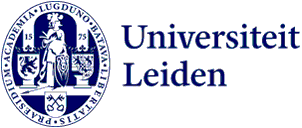
Beatrice de Graaf in Huizinga Lecture: ‘History is necessary in times of crisis’
Professor Beatrice de Graaf held the 53rd Huizinga Lecture on Thursday 12 December. In front of a a sold-out Stadsgehoorzaal, she spoke about how history can be used in times of crisis to give meaning to the situation.
The thread running through De Graaf's lecture was historian Johan Huizinga, the lecture's namesake and author of well-known works such as Autumn of the Middle Ages. Drawing on his oeuvre, she argued that historiography is necessary to weather times of crisis.
History, the historian and terrorism expert argued, can give sense and meaning to tough times. Leaders can draw on historical narratives to unite their people during times of crisis. For example, U.S. President Franklin Delano Roosevelt used his radio addresses in the 1930s to reassure and inspire the nation. More recently, King Willem-Alexander invoked history closer to home when he addressed the silence on Dam Square, unusually empty due to the coronavirus pandemic. He acknowledged his great-grandmother’s failure to act on behalf of deported Jews during World War II and expressed his commitment to ensuring such mistakes are not repeated. By pledging to ‘not condone this’ and to ‘cherish and defend the free, democratic rule of law,’ he reinforced the importance of vigilance and responsibility.
Basic attitude
According to De Graaf, the success of these speeches can be attributed to the basic attitude of those who delivered them. They did not, like many conspiracy thinkers, lose themselves in a vision of the future that mainly serves a specific group, or, like the government in corona times, in a technical narrative.
On the contrary, these leaders had a basic attitude from which amor mundi spoke. This term coined by Hannah Arendt literally means ‘love of the world’, but also suggests hope for the future. Through an inner conviction of faith, hope and trust, these leaders were able to use historical events to paint a positive picture of the future. Without denying or glossing over the ugly sides of the past, they derived an action perspective from history. In their words, history became something that inspired their listeners and gave them hope for a better future for all.
Precisely this power also characterises Huizinga's own work, De Graaf argued. 'With Huizinga, his historical narrative may be bleak, especially in his last works In the shadows of tomorrow and The violated world. But the basic attitude under those works is completely different. Through the shadows, he saw a tomorrow. That may also explain why Huizinga is still so popular.'
-
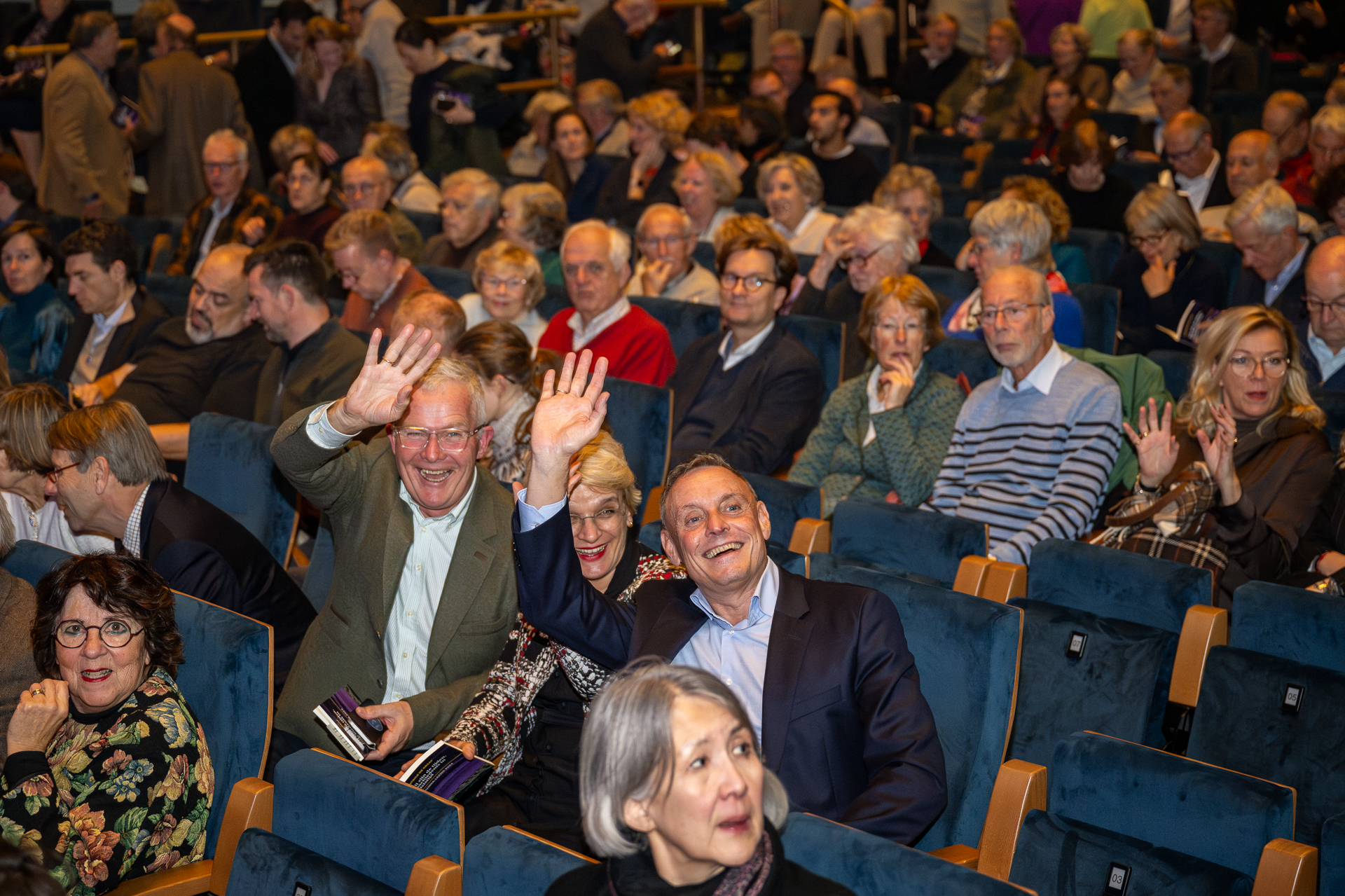
The audience looked forward to the lecture. -
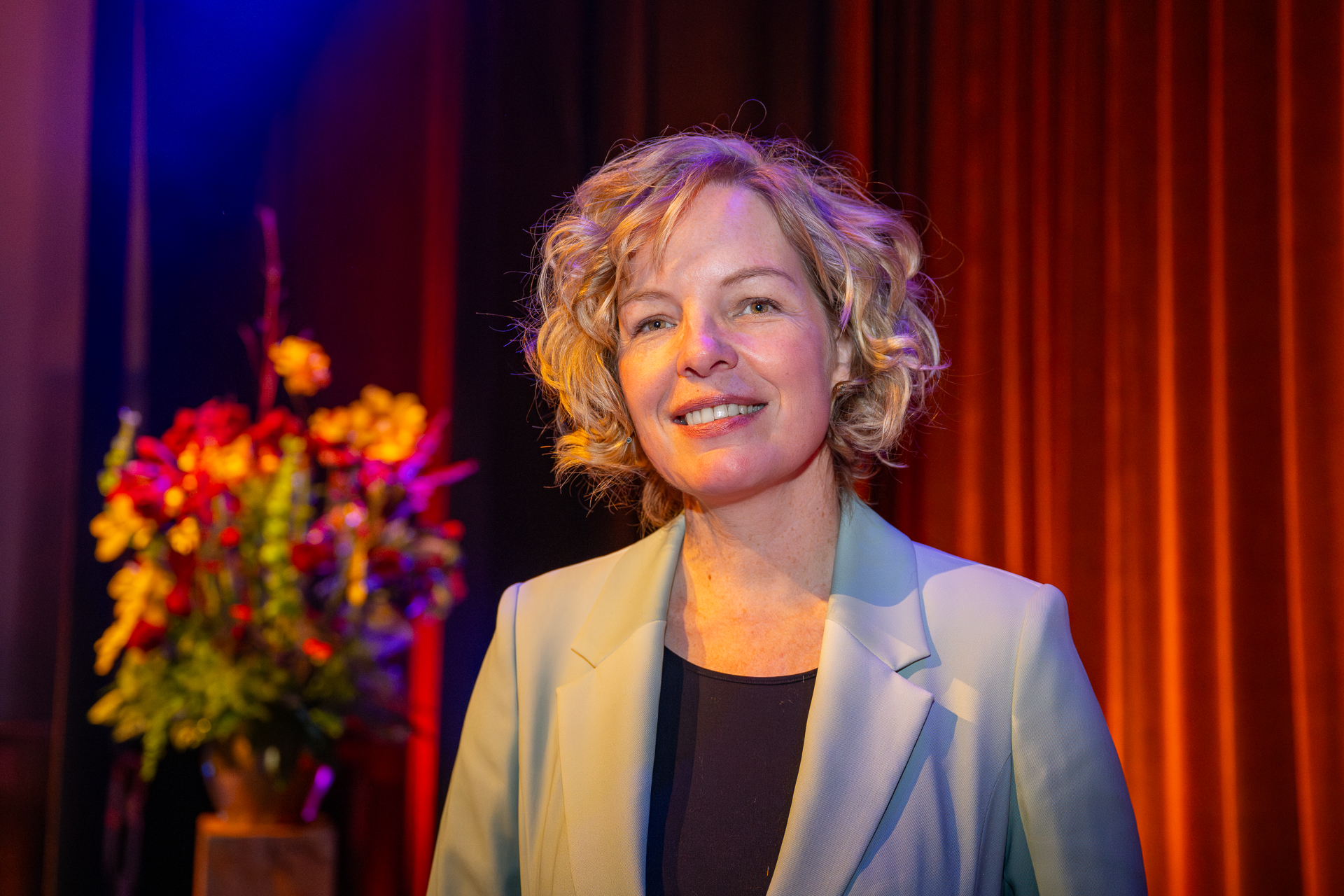
Beatrice de Graaf -
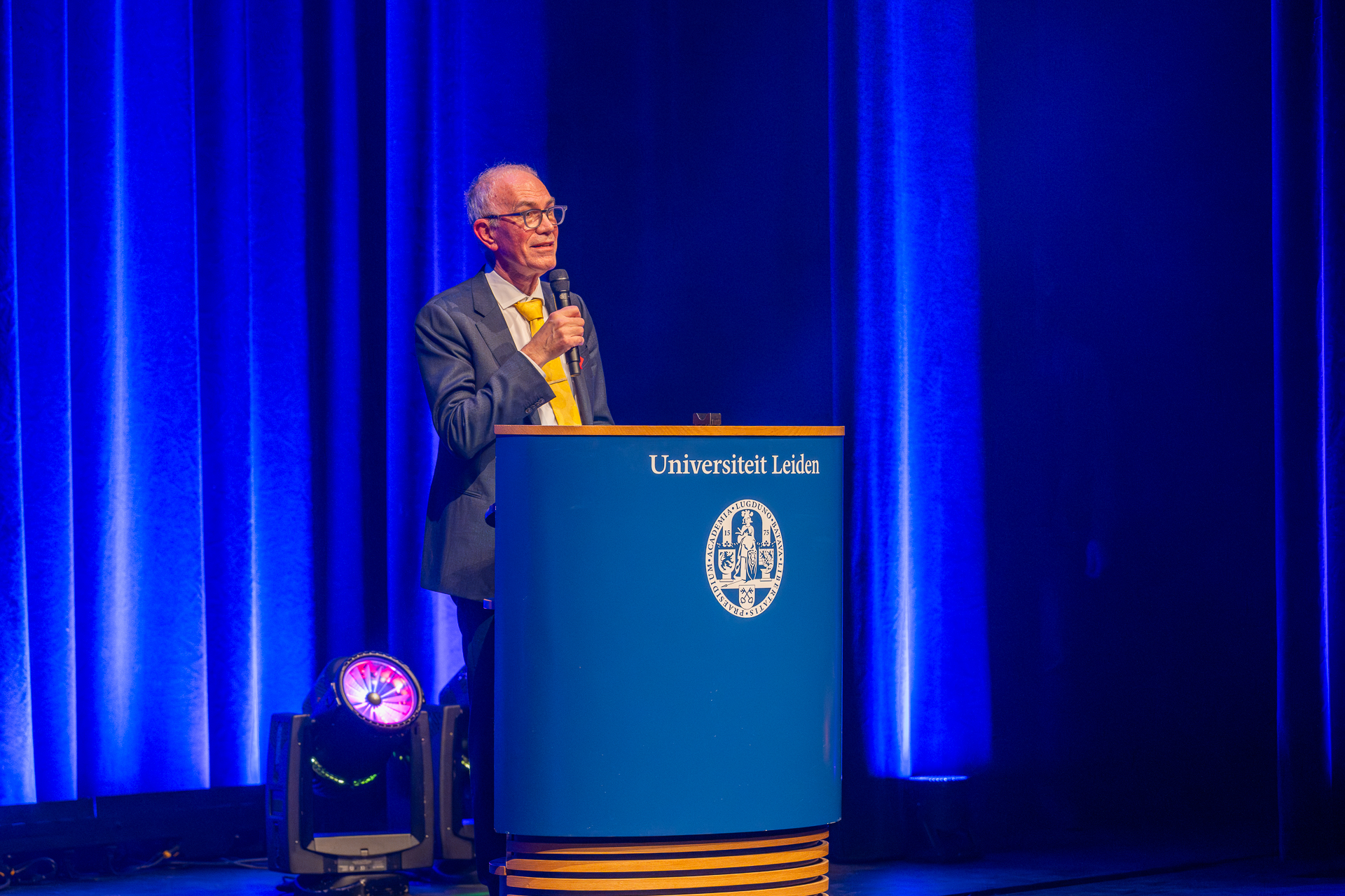
As chairman of the Huizinga committee, Dean Mark Rutgers introduced De Graaf. -
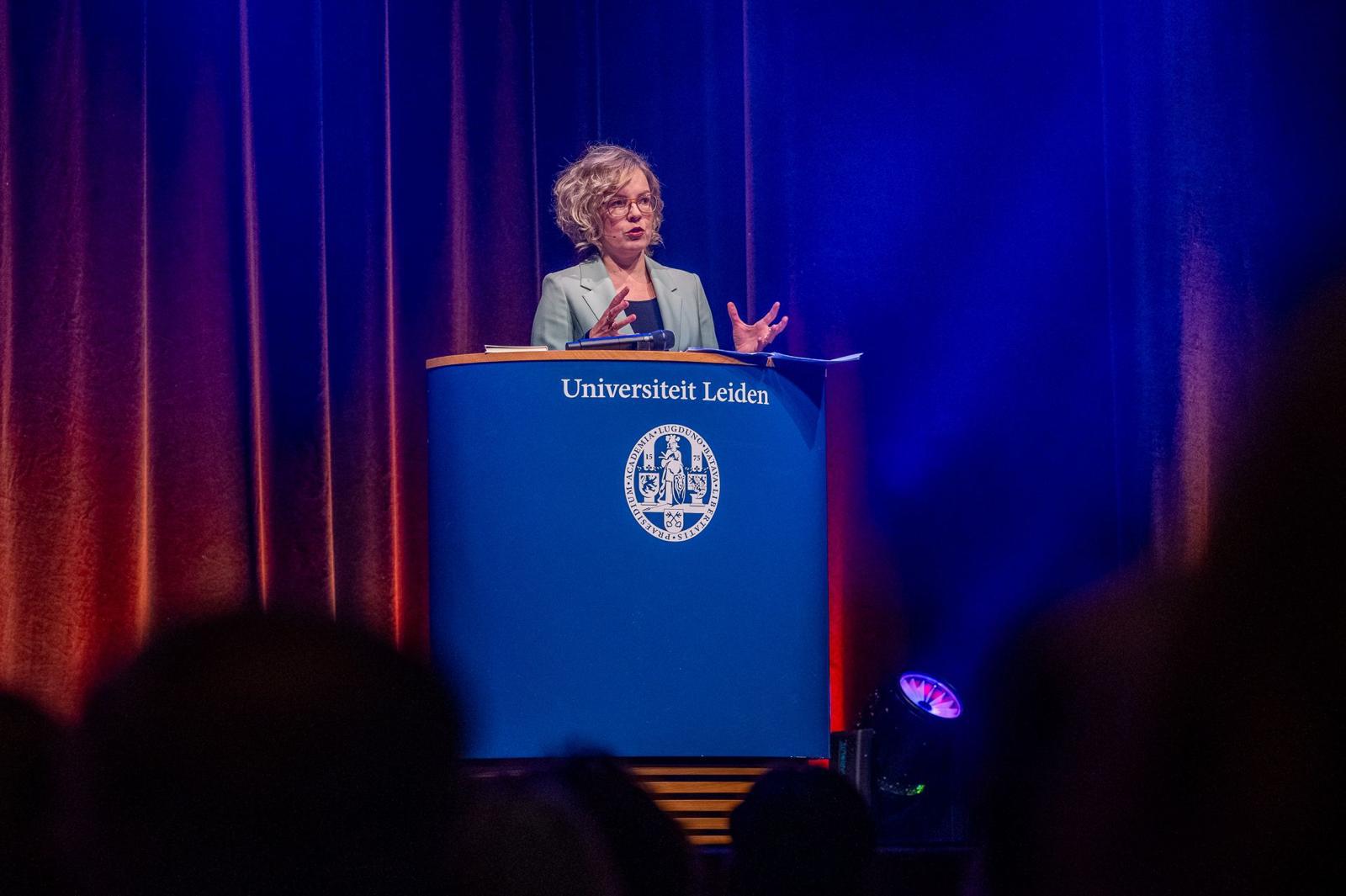
De Graaf during the lecture. -
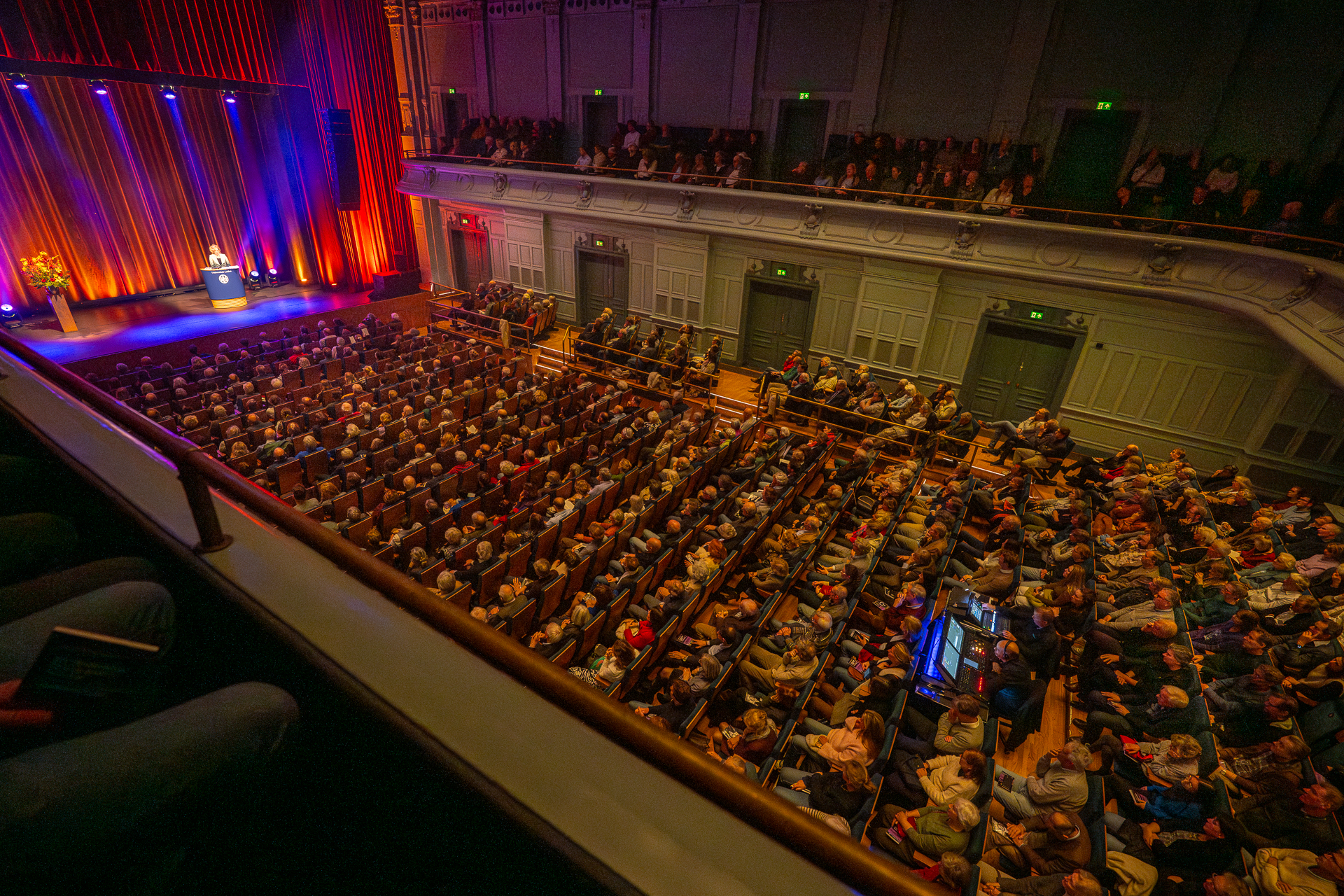
A full house listening -
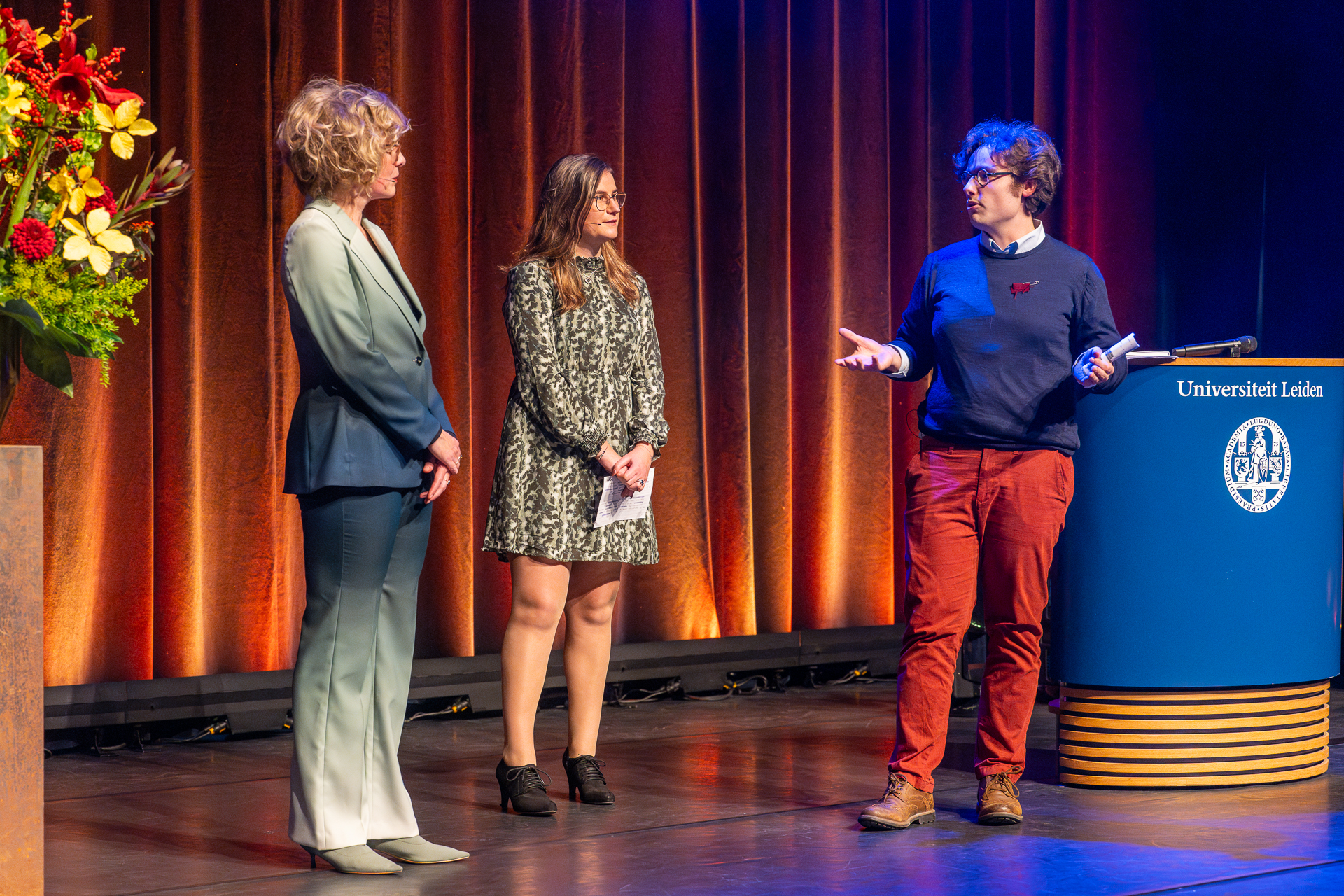
Students Susanna Hammerstein and Julius van der Poel in conversation with De Graaf. -
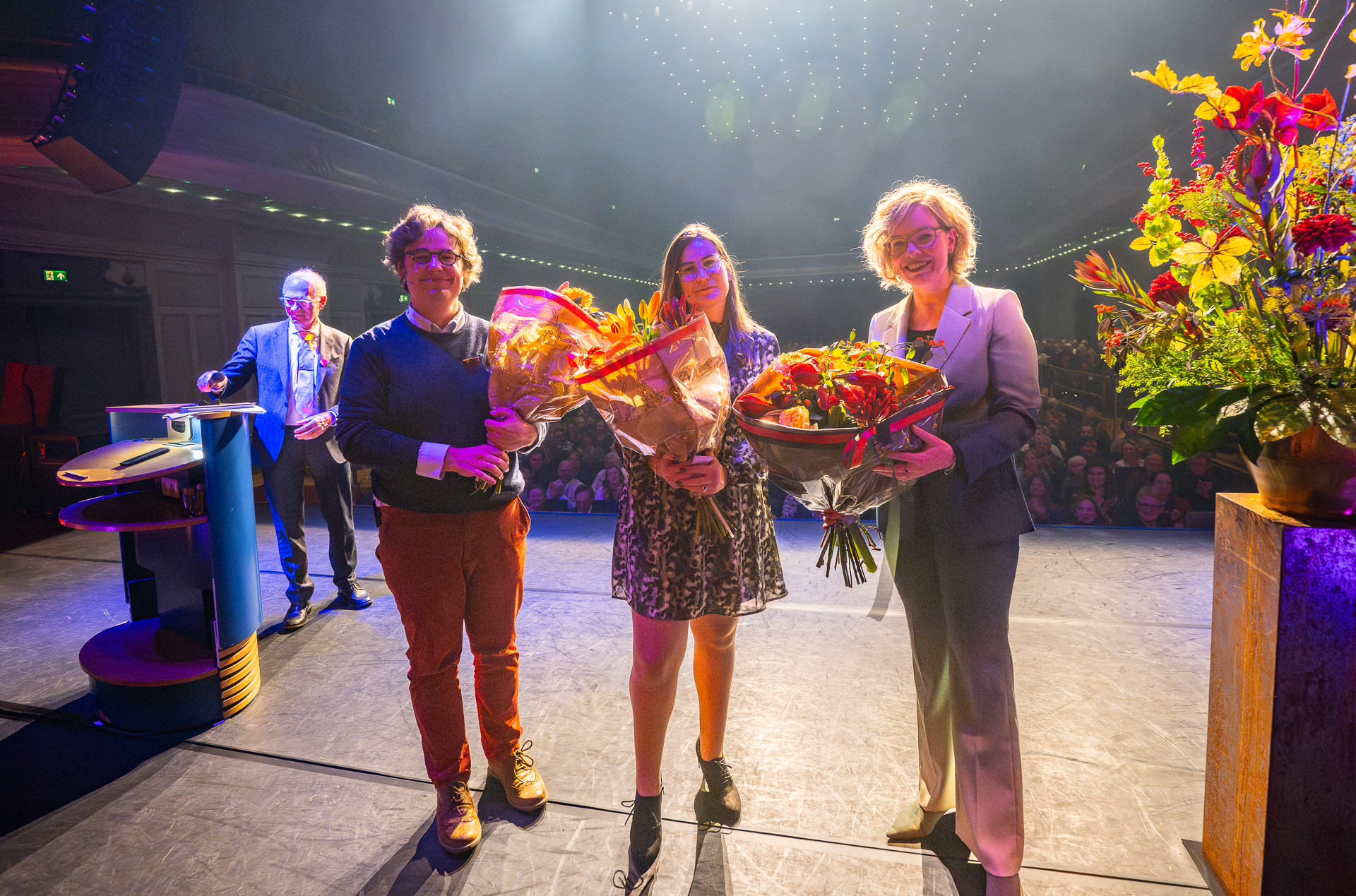
Flowers afterwards -
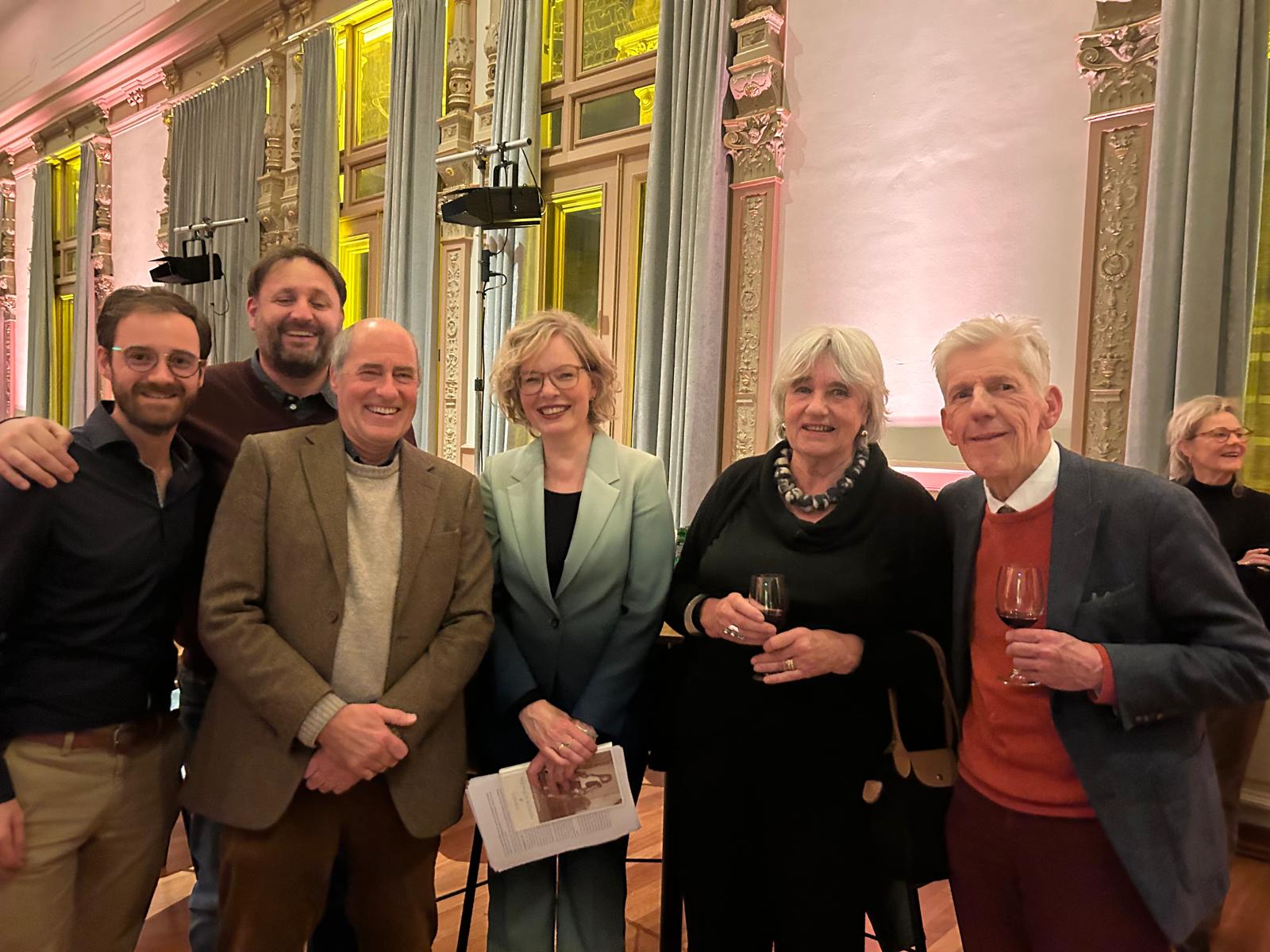
De Graaf afterwards with relatives of Johan Huizinga and Huizinga expert Anton van Lem.
Interview by students
This year, Susanna Hammerstein and Julius van der Poel entered the stage for an at times heated discussion with De Graaf. So how should the government have handled the corona crisis, if the approach used was too technocratic in her view? How exactly do conspiracy thinkers differ from visionary leaders? And did she actually find it exciting to be in front of this room?
Yes, De Graaf replied to that last question. ‘I've interviewed Nazis, Stasi's: that's all lovely, but I'm such a big fan of Huizinga that in this I still thought, “Help!”’
Foto's: Monique Shaw
The Huizinga Lecture has been organised in Leiden every year since 1972. The name of the lecture is a tribute to the historian and cultural philosopher Johan Huizinga (1872-1945). The lectures have a cultural-historical or a cultural- or social-critical character. The text edition of the lecture (in Dutch) can be ordered from the website of opinion magazine EW.
Would you like to be kept informed of future Huizinga lectures? Then sign up for our newsletter. The text edition of the lecture is available via EW's webshop and via (online) bookshops.
